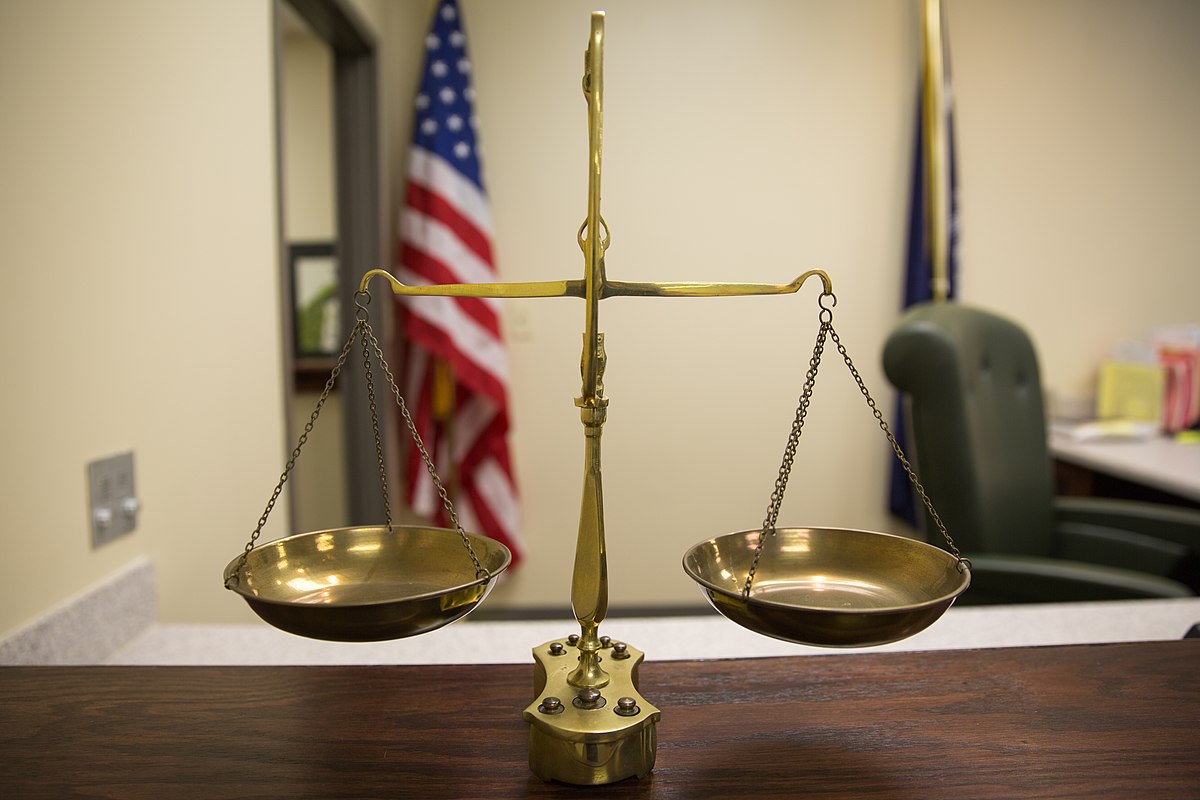A Michigan judge dismissed charges against 15 Republican electors from the 2020 presidential election, citing insufficient evidence to prove intent. District Judge Kristen Simmons ruled on September 9, 2025, that the prosecution failed to establish the necessary legal grounds for the case to proceed.
Explainer As A Former DC Cop, The Federal Takeover Was The Right Move
"This is a fraud case, and we have to prove intent," Simmons stated during the hearing. "And I don’t believe there’s evidence sufficient to prove intent."
The charges were brought by Michigan's Democratic Attorney General Dana Nessel in 2023, alleging that the Republican electors attempted to replace the electoral votes for President Joe Biden with those for former President Donald Trump. All defendants pleaded not guilty to the charges of forgery and conspiracy to commit forgery, which carried a potential sentence of 14 years in prison if convicted.
Following the ruling, Nessel's office indicated it is evaluating whether to appeal the decision. "We are considering our options moving forward," a spokesperson for Nessel said.
The dismissal is part of a broader trend in which similar cases against Republican electors in various battleground states have faced legal challenges. Critics of the prosecution argue that the claims of "fake" electors lack a solid legal basis. Supporters of the prosecution maintain that the actions of the electors were an attempt to undermine the electoral process.
In a related case, a Nevada judge dismissed charges against the state's Trump electors in June 2024, determining that the prosecution had chosen an improper jurisdiction. The Nevada Supreme Court is currently reviewing whether to overturn that dismissal.
In Georgia, Fulton County District Attorney Fani Willis is facing scrutiny as allegations of misconduct have surfaced regarding her handling of the case against the state's Trump electors. Meanwhile, in Arizona, a judge recently sent a similar case back to a grand jury, further complicating the prosecution's efforts.
The Michigan ruling adds to the challenges faced by Democratic prosecutors pursuing cases against Republican electors. Legal experts note that the historical context of alternate electors, such as the 1960 election dispute between John F. Kennedy and Richard Nixon, complicates the current legal landscape. In that instance, electors from both parties cast votes amid disputes over electoral outcomes.
As the legal battles continue, the implications of these cases extend beyond the courtroom, influencing public perception and political dynamics in the ongoing discourse surrounding the 2020 election and its aftermath.
Why it matters
- The dismissal highlights challenges in prosecuting Republican electors, raising questions about legal standards for intent in election-related cases.
- This ruling reflects a broader trend of legal setbacks for Democratic prosecutors in battleground states, impacting future election integrity efforts.
- The case underscores the contentious political climate surrounding the 2020 election, influencing public perception and future electoral disputes.
What’s next
- Michigan Attorney General Dana Nessel is evaluating options for an appeal against the dismissal of charges.
- Ongoing legal battles in other states, including Georgia and Arizona, may affect future prosecutions of similar cases.
- The Nevada Supreme Court is reviewing a related case that could set a precedent for similar prosecutions.

